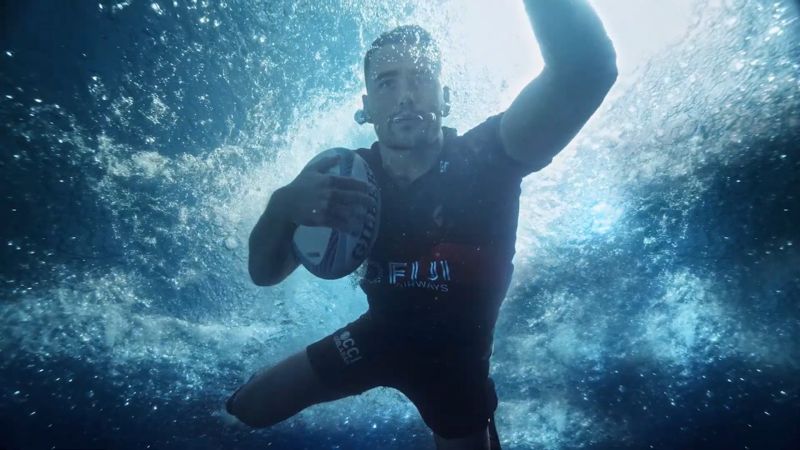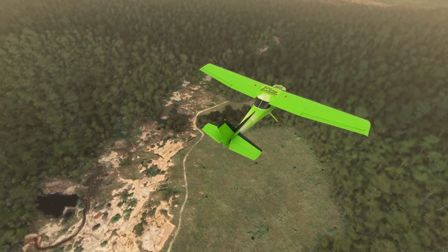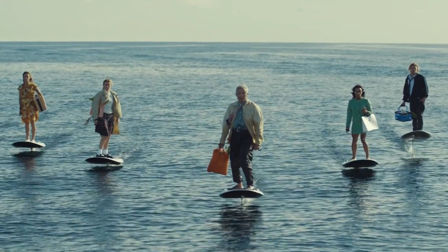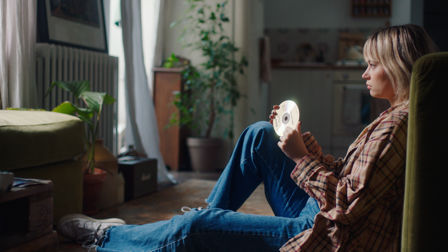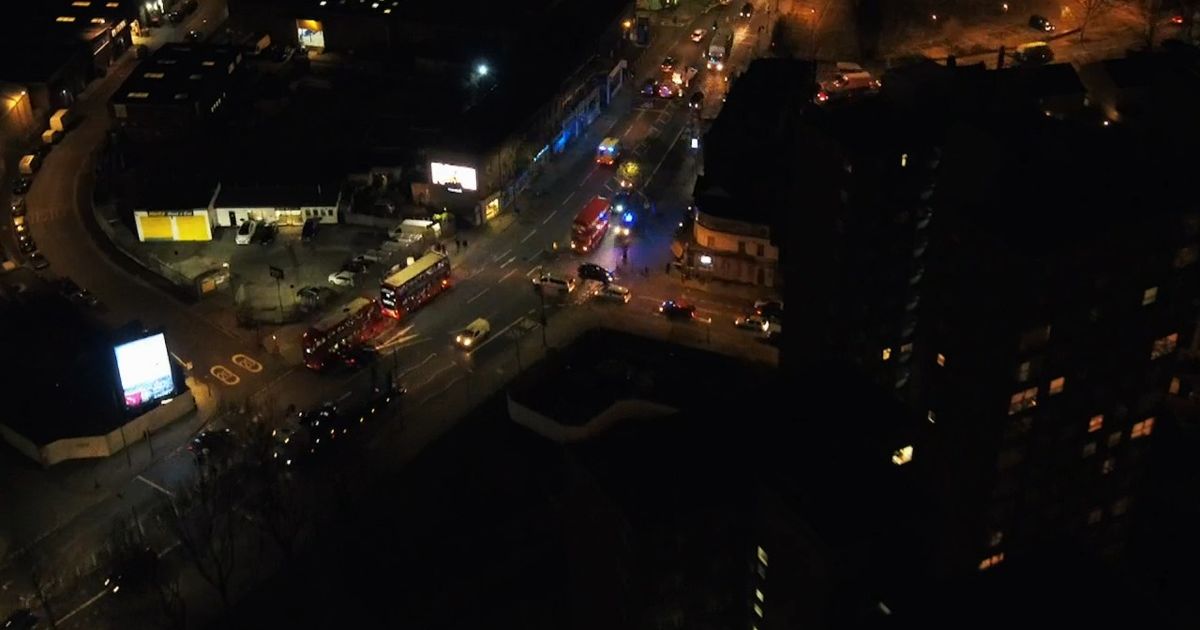Joe Wilson's Old Kent Road adventure
Captured over many days wandering along London's Old Kent Road, Joe Wilson's short is a unique record of some of the interesting people he encountered on his journey. Here, the director explains why he wanted to document the area, why it took a long time to release the film, and what he hopes people might learn from it.
Director Joe Wilson's film is a glimpse into the lives of some of the people he met as he spent time walking along one of the oldest roads in England.
Old Kent Road is a major thoroughfare in south-east London connecting the capital to, eventually, the Kent suburbs, and the film of the same name features some of the people who call the area home.
Shot across 2017 and 2018, but only recently released, Old Kent Road sees the Bullion director take a simple but intimate approach as he engages in fleeting but enlightening conversations with locals which allow equal space for the mundane, the bizarre and the profound.
Featuring pastors, roller-bladers, nunchuck-wielders and stories of both positivity and misfortune, Wilson's film introduces us to some memorable people.
Credits
powered by
-
-
- Director Joe Wilson
-
-
Unlock full credits and more with a Source + shots membership.
Credits
powered by
- Director Joe Wilson
- Sound Design Klong/London
- Drone Operator Stem
- Score Lung Dart
- Colorist Jack McGinity
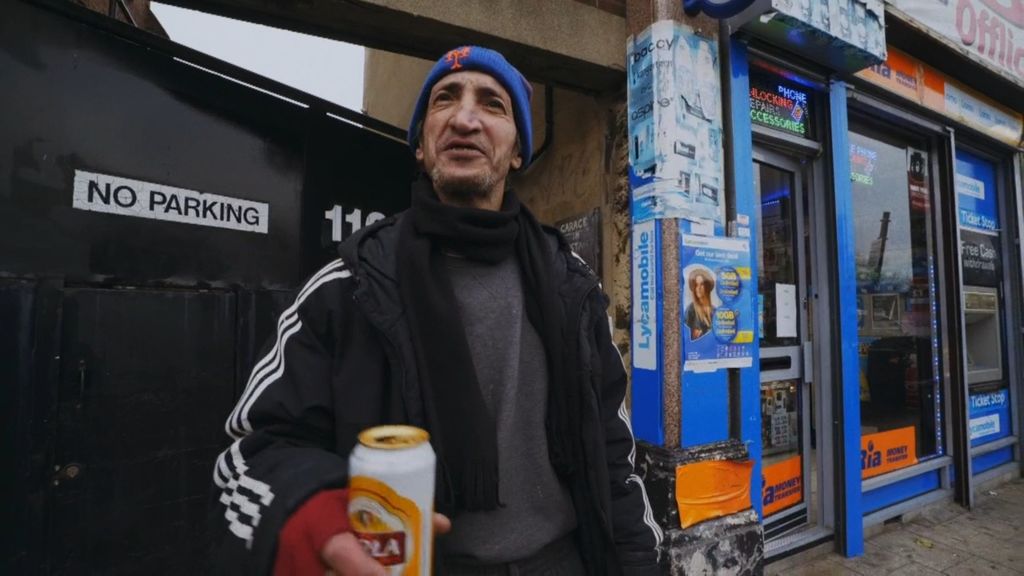
Credits
powered by
- Director Joe Wilson
- Sound Design Klong/London
- Drone Operator Stem
- Score Lung Dart
- Colorist Jack McGinity
Above: Wilson's short documentary, Old Kent Road.
Why did you decide to make this film?
There are a few reasons I embarked on the project. I wanted to start a project where all I had to do was leave my house with my camera and had no other barriers to the production. As it was a place nearby that I’ve always basically lived or worked right next to, it seemed like an obvious choice.
It felt like a lot of other places nearby were going through more conspicuous changes, whereas Old Kent Road felt like it wasn’t receiving the same sort of regeneration.
Also, at the time I made it, it felt like a lot of other places nearby were going through more conspicuous changes, whereas Old Kent Road felt like it wasn’t receiving the same sort of regeneration, so I thought it could be good to document it before those inevitable changes came. I also love watching archive footage of vox-pop films because people are so unpredictable and interesting, and I wanted to investigate that form myself.
What is it about the Old Kent Road that interested you?
Since moving to London I’ve always been in close proximity to it, and my studio is just around the corner, so I still visit it most days in one way or another. Because of the design of the road being so accommodating to fast moving traffic it felt like a place that most people were just traveling through, either to busy central London or the sleepier outskirts. I wanted to see what it was like if you travelled along it in a slower manner, with more attention.
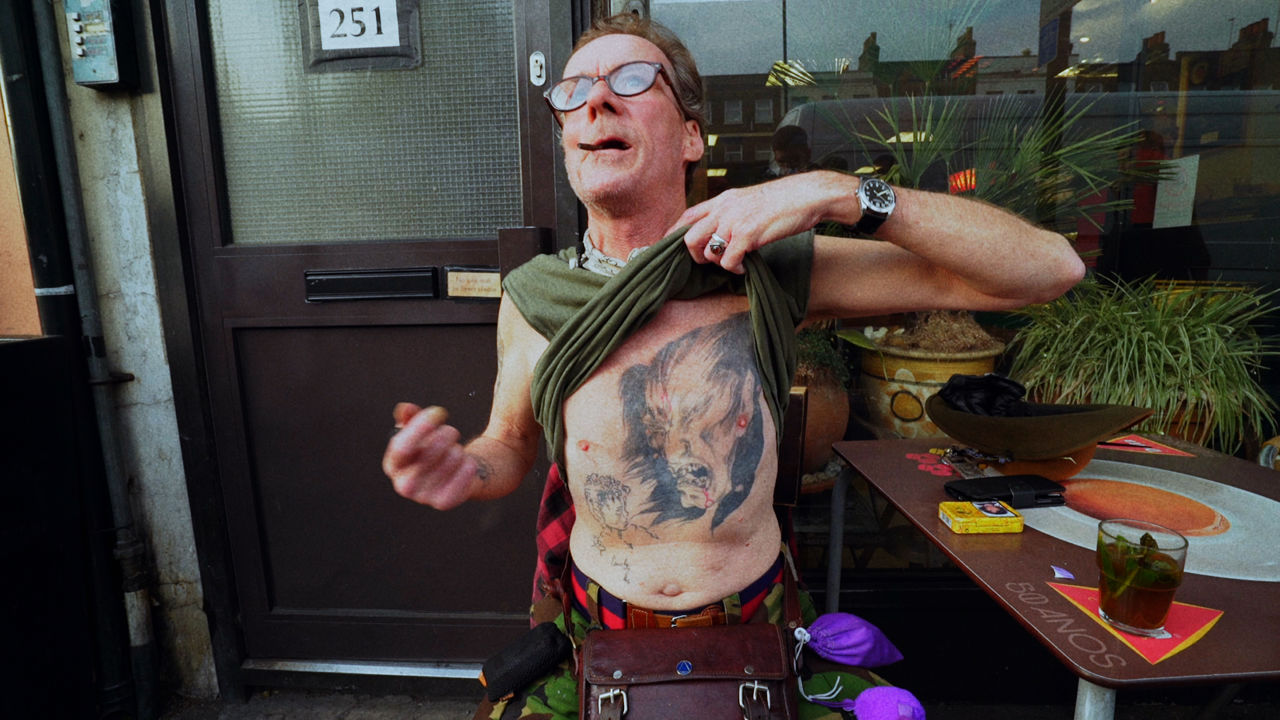
Above: Daniel, one of the people Wilson spoke to for his short documentary.
How did you find the people you interviewed?
For the most part, they were all fleeting interactions. I just walked around and started chatting to people. I liked the challenge of meeting strangers and getting them to try and open up in some way quite quickly. I would just have to judge if it was going to work or not and then run with it or move on.
Speaking with strangers is something that can be unpredictable, but can lead to some lovely interactions.
It's a skill I tried to develop as I went through the project. Speaking with strangers is something that can be unpredictable, but can lead to some lovely interactions if approached in the right way.
A lot of the interviewees seem to be on the fringes of society; why did you make them your focus?
I think one reason was the functional fact that I was just wandering around a lot and they would often be the people willing to speak to me. I didn’t target certain areas to try and find certain people. The limitations I had were I was filming in a certain area but, other than that, I tried to stay quite open with who I spoke to.
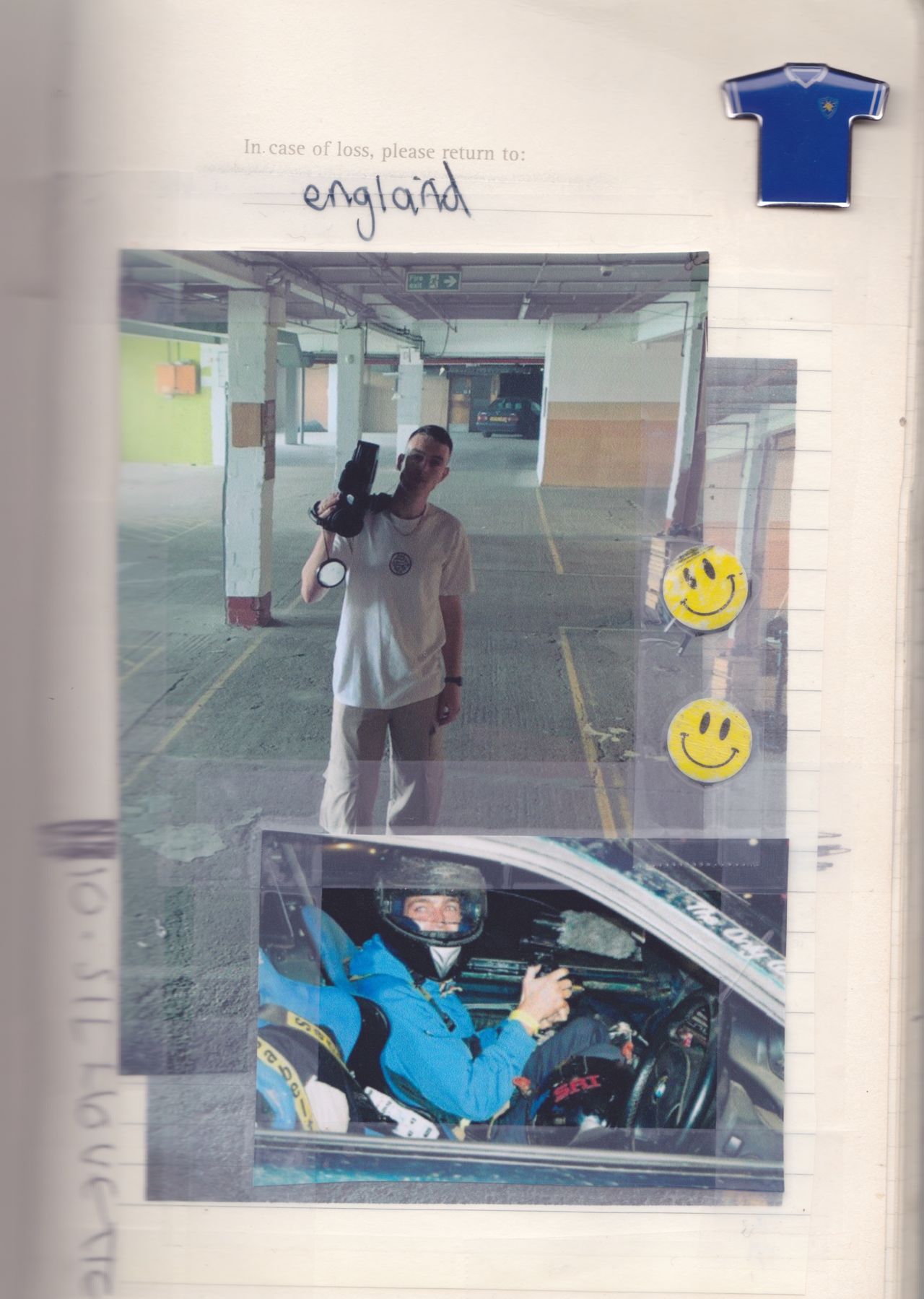
Above: Director Joe Wilson.
At times it's an intimate story of people's lives, some of which have been troubled; how conscious were you of having a truthful discussion but also respecting boundaries?
Everyone in the film I spoke with first, and made sure they were comfortable being filmed. And I wouldn’t try to steer the conversations to places I thought it should go, rather I would offer quite open prompts and let them do pretty much all of the talking.
Nuanced depictions of communities are essential, and become social documents that help tell real stories.
I think there is definitely something interesting in hearing someone speak so openly to someone they hardly know, but I also tried to keep everything brief. We were out in a public space and I used a street style so as to not intrude in any one person's life more than necessary, or make them more of a focus than someone else.
How important are short films such as yours for looking at people, places or topics which might otherwise go undocumented?
I think they are always important. Nuanced depictions of communities are essential, and become social documents that help tell real stories. I’m not saying my film is a perfect representation of this area, because that’s just not realistic, but if more people made films in this manner then it would only help to further deepen knowledge by using multiple sources and viewpoints.
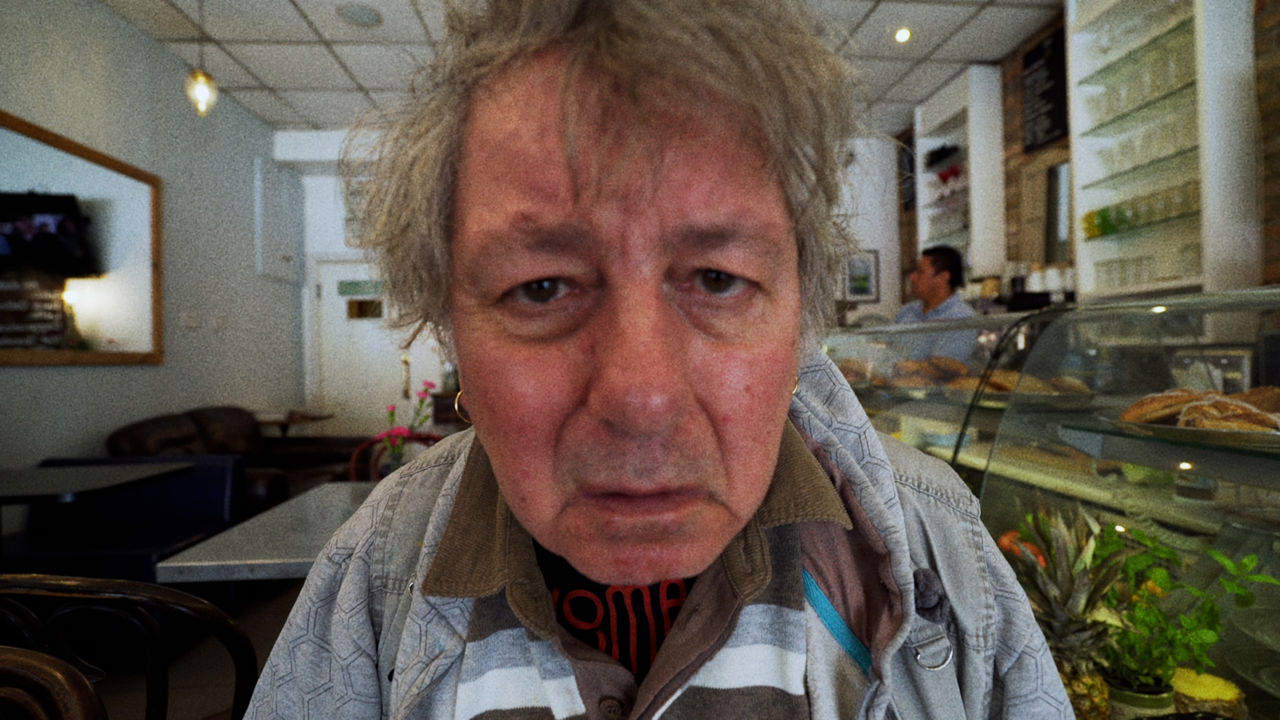
Above: Brian, whose unusual art features in Old Kent Road.
You shot the interviews a number of years ago but it was only released recently; why did it take a long time to see the light of day?
As it was a personal project I made in my spare time, there was no hard deadline as such. I thought I would keep going out and shooting but then I got busier with other work and it fell to the back burner.
The world outside is a fascinating, beautiful, hilarious and heartbreaking place, so I’ve never really felt the need to invent too much.
All of a sudden I realised it had been a few years and I should actually do something with this project I had put a lot of work into, so I finished off the little things that needed finishing and decided to put it out.
Your work as a director has a naturalistic approach; is that something you've always gravitated towards and why do you like that style?
I’d say pretty much all of the most important visual influences I’ve had along the way could be said to be naturalistic in some way, whether that is filmmaking, painting, art or whatever else. The world outside is a fascinating, beautiful, hilarious and heartbreaking place, so I’ve never really felt the need to invent too much.
Have you kept in touch with any of the people you spoke to for the film?
Sometimes I see Kush (who in the film was sitting down under the tree) so I will have a conversation with him, which is always nice. Otherwise, I haven’t kept in touch with many of the people. The conversations were fleeting, 20-30 minutes usually, and often they wouldn’t be interested in exchanging details.
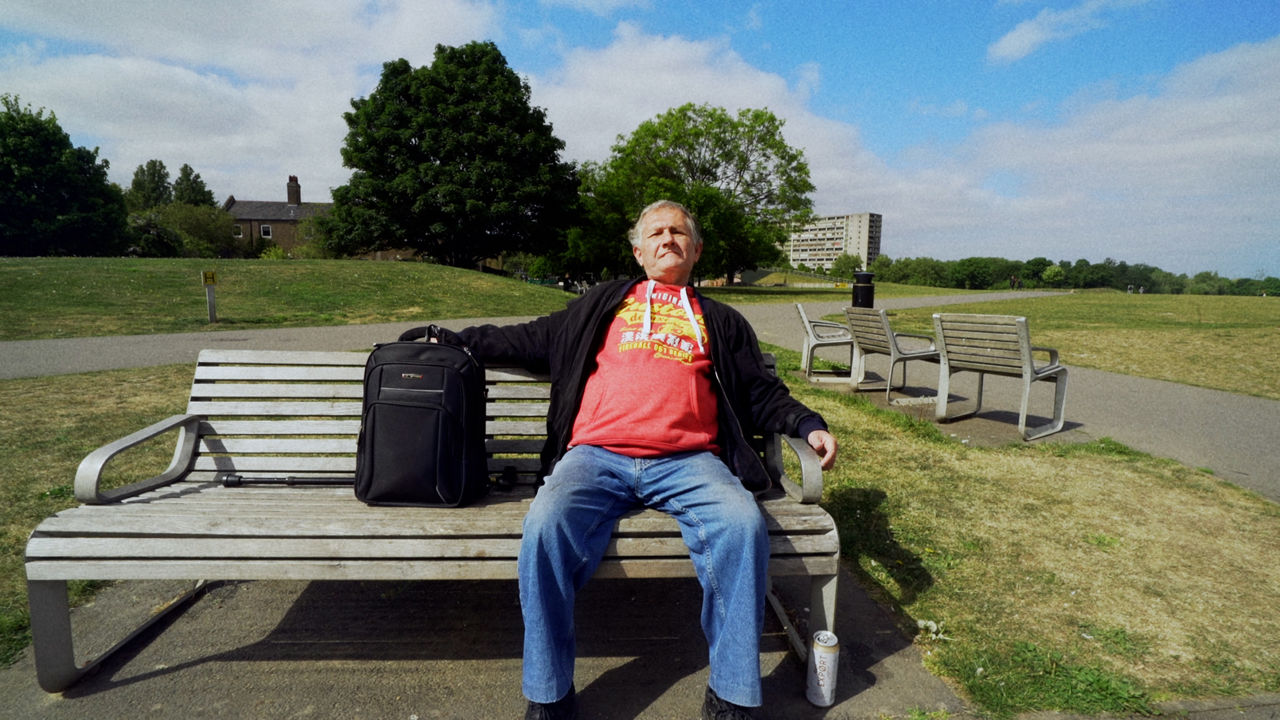
Above: Jim, another interviewee in the film, and someone who says it as he sees it.
What was the biggest challenge in making Old Kent Road?
I think the biggest challenge was just getting it released.
It doesn’t matter who you are or where you are from, you can be interesting to talk to.
When there is no outside pressure to meet deadlines it's easy to keep just wanting to work on it, or let self doubt creep in and make you question whether it is good enough.
What do you hope the film achieves?
If people come away thinking that it doesn’t matter who you are or where you are from, you can be interesting to talk to, then that would be nice.
Will you/are you working on any other short films?
I’m about to release a film I’ve been working on with the writer Angus Harrison, so I’m excited about that. It is a sort of landscape film set across the vast network of service stations in England and, over the top, is a recording of a new-age style self-help tape for a lorry driver. It is the classic mix of the mundane and the beautiful that I just always find myself drawn to.
)
